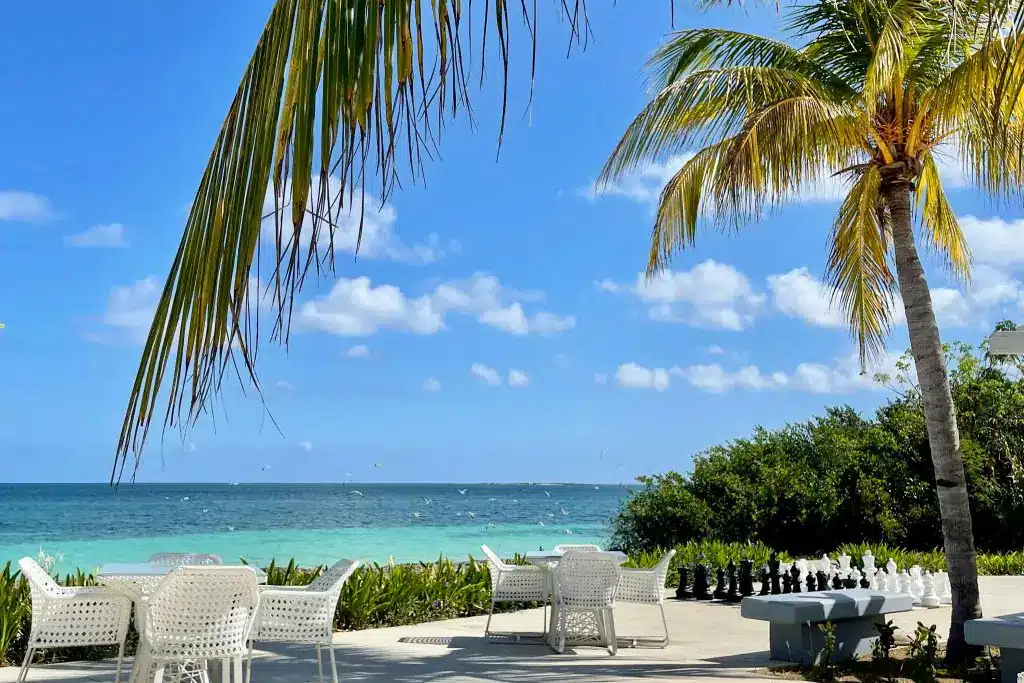


Taking a break from Canada’s long winter is on the agenda for many residents. But before people pick a destination, it is a good idea to check out the latest warnings and advice.
The federal government maintains a Travel Advice and Advisories page to help travellers make informed decisions and travel safely outside Canada.
They analyze trends and incidents affecting international travellers, monitor world events and collect updated reports from different sources.
Here are some countries with updated travel advisories:
Risks: Shortages of basic necessities including food, medicine and fuel.
Reasons: Cuba has been experiencing nationwide power outages since Oct. 18, 2024. The electrical system is vulnerable and additional outages can occur suddenly. Previous outages persist in some places and scheduled power cuts take place regularly to conserve power.
Most large hotels and resorts use generators during power outages. However, they may not be able to maintain their services in an extended outage.
Fuel shortages are currently critical and affect a wide range of services. Travelling across the island is extremely challenging. Public transportation services, including taxis, are often disrupted, leaving tourists with few options to travel. Some travellers have been temporarily stranded with a rental car.
Risks: Violent crime and Oropouche virus.
Reasons: Violent crime occurs in Trinidad and Tobago, including armed robberies, carjackings, assaults, sexual assaults, kidnappings, murders and home invasions.
Gang-related attacks, gun violence and drug-related crimes occur in Trinidad and Tobago. Weapons have been used on victims who refuse to cooperate. There is a risk of being in the wrong place at the wrong time and becoming the victim of gun-related crossfire throughout the country, even during the day. Emergency services’ response may vary.
Information was added recently about the Oropouche virus disease. The disease is spread to humans through the bite of an infected small fly called a midge (also known as no-see-um) or possibly certain mosquitos. Symptoms usually include fever, headache, joint and muscle pain, chills, and sometimes nausea and vomiting. In some cases, aseptic meningitis (inflammation of the membranes that surround the brain) may occur.
Most travellers are at low risk. There are concerns that Oropouche virus could be passed from a pregnant woman or pregnant person to their unborn baby, which might lead to serious problems like stillbirth or issues with the baby’s head and brain development.
Risks: Crime
Reasons: Crime occurs in the Dominican Republic, including violent crime, especially in major cities. However, most incidents are opportunistic crimes, which is the most significant threat to tourists.
Petty crime, including pickpocketing and bag-snatching, occurs throughout the country. Tourists are common targets for theft. Crime tends to rise during holiday periods.
Theft of items from checked baggage at airports has been reported. These thefts have taken place most frequently when travellers are departing. Money and personal items have also been stolen from carry-on luggage while travellers are going through security checks. All bags are routinely X-rayed upon arrival and departure.
Risks: Crime
Reasons: Petty crime, such as pickpocketing and purse snatching, occurs frequently. Tourists are common targets for theft because they are perceived as being wealthy.
Thieves often work in teams, in which one thief diverts the victims’ attention while the other snatches their possessions.
Crime against property, such as house burglary, theft from cars, and vehicle theft, is frequent. Passport theft is also extremely common and increases in frequency during the peak tourist seasons, from November to May and from July to August.
Risks: High levels of violent crime throughout the country.
Reasons: The advisory suggests travellers avoid all non-essential travel to Southside Belize City, south of the Haulover Creek River, due to gang and drug-related violence, including murders and shootings.
Gang violence is a significant concern in Belize, especially in Southside Belize City. Gang members often use weapons to resolve disputes. Clashes occur frequently between gangs to gain control over territories for illegal activities.
Police capacity to respond to violent incidents is limited, and many crimes remain unsolved.
Tourists are not usually targeted, but you could find yourself in the wrong place at the wrong time.
Belize has one of the highest per capita murder rates in the world. Drug and human trafficking, organized crime and street gang activity is prevalent. Violent incidents are frequent.